The climate catastropheIt would be a pretty depressing future if we were all told to no longer visit other countries, experience new cultures, and be limited to the part of the planet we are born. It's not something anyone wants, but we need to be aware of the impact our travelling has on climate change, and over the last several years this is something that I've been increasingly thinking about. Can you travel sustainably? 3 things to considerThe short answer is: no. But there is a lot of nuance and caveat built into that no. In the 18th century, British economist Thomas Malthus thought the planet was on the brink of disaster. The global population was growing and he thought he might be part of the last civilised generation on Earth before food shortages would lead to the breakdown of society and the end of civilisation. Society didn't break down, so what happened? Well, he didn't account for technological innovation. This allowed existing land to be more productive, disease resistant crops to emerge and new technological equipment in farming to greatly increase the amount of food we were able to grow. As we close toward 'peak population' in the second half of the 21st century (before global population starts to fall), many things might kill us off as a species but it won't be what Thomas Malthus predicted. Climate change, however, is a different story. I'm not going to go into a lot of detail about climate change, you either already believe in man-made climate change and its potential catastrophic effects, or you don't. And if you don't, I'm probably not going to change your mind. But a cleaner, less polluted world is probably something we can all agree is desirable and travelling makes reaching that goal that much harder. A fair amount of travel I do is for work, but the pandemic has shown me I can do a lot of what I need to do, virtually. I'm going to use that lesson to cut down on how much I fly. The pandemic has also shown me just how how much you can find in your own country; whether you are in the UK, Canada, the United States, Australia, Panjab, India or Pakistan, you have beautiful countries to explore. It means when I do travel, I'll be doing a lot more locally. But that raises the question, is it the end of travelling to different countries and experiencing new cultures? I don't think that's either the right answer, or the fair answer. While generations before us have left us a planet where we need to adjust our behaviours, it would be difficult and unfair to ask us to stay at home, after earlier generations spent the last 50 years travelling the world. So I'm going to put forward a case for travel - but before I do, there are three things we need to accept. 1. Travelling is inherently pollutingThere's no getting away from the fact that travelling is polluting and that's the first thing we need to accept. You can then make a moral judgement on whether it is something that you want to do. Flying accounts for about 2-5% of global emissions (more than Germany produces), and while advances in technology have decreased the amount of some types of emissions (carbon dioxide) by about 50% in the last 30 years, that's been offset by the increase in the amount of people that are flying. A single flight from London to Australia produces as much carbon dioxide as the average person should be producing a year to lower the rate of global warming. A flight from London to New York produces as much as carbon dioxide as roughly 2500 laundry machine washes. And while planes are experimenting with electrical flights and hydrogen based fuels, a large scale technological transformation in aviation is decades away. In fact, when it comes to the 'electric revolution', aviation is probably the furthest away of all industries from wholesale change. In short, the pace of technological innovation is not as quick as the pace of ecological destruction. All of this is before we consider the carbon footprint once we arrive in our destination countries, which can be considerably higher than our normal carbon footprint when we are home. 2. Recognise the current world is not 'normal'Ever since the agricultural revolution, it hasn't been normal for the average person to eat meat more than a couple of times a week. Meat is expensive and the process of capture, kill and cook is energy intensive. Yet, today many people eat meat morning, day and night. I get it, meat is tasty and these days very convenient. But it's also no surprise that where meat is most highly consumed, those countries tend to have higher rates of specific diet related diseases such as obesity, diabetes and colorectal cancer. Meat in moderation plays an important role in human health, but we are far beyond moderation. Our current diet is not normal, and our bodies aren't able to handle it. But the advent of factory farming has made it convenient. There have been benefits we can't ignore - more people are now able to eat nutritious food around the world - but for those not facing starvation, access to cheap, low quality meat is becoming a healthcares hazard. And despite all evidence suggesting how harmful factory farming is to the environment, to the animals and even to humans, our search for increasing profit margins and taste has normalised something that isn't normal. Just because we can do something, doesn't mean we should, especially when doing it has so many negative externalities. In the same way, travelling across countries for less than the cost of a restaurant meal is not normal. The jet revolution in the middle of the last century has made travelling more accessible which is largely a good thing. It means travelling isn't just for the rich and that's a big benefit. But when you can travel from the UK to Italy for less than £50, it can lead to the type of behaviour where a lack of moderation can create large negative externalities. Not only does flying increase emissions, but the impact on local environments can be catastrophic. From beaches in Thailand, to canals in Venice, to monuments in Barcelona - the impact of large human seasonal migration is generating outcomes that create more harm than good. We have already seen locals fighting back against the tourist onslaught in some Spanish and Italian cities, and as the impact of tourism grows through ever cheaper options for travel, this resentment will only increase. We need to recognise that the current world is not 'normal' and the way we live our lives right now is certainly not sustainable. 3. Richest 10% contribute to 50% of emissionsLet's be clear on one thing, we can't blame the young family of four who works all year and manages to get one holiday abroad for global warming. The opportunity to get away from our problems and daily lives shouldn't be held against us (although, as I share in this podcast, travelling does not mean getting rid of your problems). The rich do one thing very well - shifting the blame onto others. When the rich steal billions through tax avoidance, they are quick to point the finger at those poor people who claim benefits as 'lazy' and 'fraudulent'. When they bring entire economies down through their greed, they are quick to point the finger at immigrants as stealing jobs. And when it comes to carbon emissions, they'll have you believe that your one flight a year is what is damaging the environment (you can read my article on the problems created by the super-rich here). The truth is, large corporations create more damage to the environment than most of us ever will, and when it comes to travelling, the richest 10% contribute to 50% of emissions. Let's go back to that poor family, if they decide to not have their one holiday a year, how much of a difference will it make when billionaires like Jack Ma are taking many hundreds of flights a year. Don't get me wrong, we all need to take responsibility and we can all make a change, but it is much more impactful to pressure large corporations and billionaires to change their behaviour, rather than being manipulated to believe the problem lies with the little person. 5 things you can do right now to travel more sustainablyBut, as I said, we all have agency to make our own decisions, and we all need to take individual responsibility to make the world a better place for ourselves, and for those that will inherit the planet after us. And so, there are some things that little people like us can do straight away to try and make that bit of difference that could generate good outcomes for the planet. 1. Try localIt's obvious, nobody really wants to hear it, and it doesn't solve the question of seeing exotic lands, but staying local is one of the biggest thing that can improve your carbon footprint. That doesn't mean only stay local, but it means substituting one of your foreign holidays for a staycation. From a British perspective, the UK has some award-winning beaches and if your aim is to spend a long weekend by the seaside, then you're spoilt for choice over here. The same goes for many Australian readers and some in the US too. Canadian readers have some of the best landscapes on the planet on their doorstep (although I know this is easier if you're in Surrey rather than Brampton), and if you're in Panjab, the hills of Himachal are stunning (it's where my maternal grandmother's family is from). The pandemic forced me to look local and it really opened my eyes to the beauty of the UK. Some of the Royal Parks of London make you feel like you might be in a different planet let alone a foreign country. The south coast, including the White Cliffs of Dover are as beautiful as any coastline I've ever visited, while cities like Edinburgh, Birmingham and London are great for short city breaks with world class museums, entertainment, culture and history. Staying local is even easier if, like me, you're from the Midlands where everything is pretty much a short journey away. But I appreciate it's easier in a geographically smaller country like the UK. But just because something is local doesn't mean it's cheaper. A flight to the continent can cost as little as £20, while a train journey to the coast can be closer to £100 depending on when you choose to travel. And once you're there the cost of accommodation, sight seeing and eating out is usually considerably higher in the UK than many other countries, so I understand that it can't be for everyone. 2. Take trains not planesOkay, maybe not that one. Taking a train rather than a plane can reduce emissions by up to 90% and in the UK and Europe, an extensive rail network makes this a lot easier to do. A significant number of flights from UK airports are short hops to the continent. Some of these flights could easily be replaced by journeys on train. When I travel to Paris I only take the train - it's quick, not much more costly, takes you into the centre of the city and is more environmentally friendly. I've also taken the train to Brussels, and now, trains connect the UK with Amsterdam. Trains are also a good way to get to different places in the UK, although the cost of tickets can be exorbitantly expensive. Again, if you're in the UK this is all fine and well, but in other countries a three hour train journey barely connects two cities in the same country, let alone allowing you to go into different countries. 3. Choose the right airline and fly directlyWith ticket prices already incredibly low for no-frills aircraft, and many flag carriers struggling to compete with state-backed gulf airlines on quality, standing out is becoming more and more difficult. Increasingly, aviation companies are beginning to differentiate themselves on their environmental impact. Some airlines are offering to offset their emissions through carbon credits - or investing in climate-friendly propositions. The whole notion of carbon credits is a strange one, an airline might offer to plant some trees or invest in green community projects to offset some of the carbon emissions they produce from flying. This is usually only available to larger companies in richer companies and are in essence, nothing more than an exercise in good PR. In practice, carbon credits don't really offset the emissions produced, and lowering emissions is much more important to do. A slightly more useful thing that airlines are beginning to do is use biofuels or e-fuels which have the potential to reduce emissions in a pragmatic way. Biofuels are made through the chemical or thermal treatment of agricultural waste, but e-fuels are created by reacting hydrogen with carbon dioxide. These fuels are better short-terms fixes as they are more economical than hydrogen fuels, and can be used now rather than 30 years - which is when electric flying is likely to be more commercially viable. More importantly, you can search which airlines and which routes use biofuel right now (KLM is one example) - while costs might be slightly higher - for people who are able to absorb the costs, it is a very sensible alternative. 4. Pack lighterFor almost all of my trips I take only carry-on luggage without checking any additional bags in. I know this isn't possible for those with families, but for solo travellers, or those taking shorter breaks, it doesn't make sense to pack like you're going away on a one year trip. I've seen this happen a lot. People will take extra clothes because they can't choose what they want to wear and all that happens is that half of their suitcase comes back untouched. Others take all sorts of books they're never going to read or equipment they're never going to use. The truth is, the lighter you pack, the less energy a plane needs to get airborne and stay airborne. Now one person not checking in a 10kg bag isn't going to do much, but if most people do this, the difference can add up. Planes can support this by (reasonably) restricting extra baggage and many are doing that - although mostly to make extra money by charging a lot to check-in bags. Some planes, particularly some no-frills companies, make the amount of carry-on you bring so small that you have to bring an extra bag with you so they can charge you more. Not only does this make your trip more expensive, but it also means you pack a little more to make the most of the additional money you spend. So flight companies also need to be reasonable in terms of what they allow as carry-on. 5. BYOB...and headphonesThere's a lot of waste on planes, a lot of it is plastic wrapped in single use plastic. The first time I got headphones on a long haul flight I remember being so excited at getting a free set of headphones to watch films. The quality of a lot of what you get on a plane is pretty poor to keep costs low, and they tend to break after a short amount of use. It's better for the environment (and for yourself) to buy some headphones and they don't have to be bank-breaking top of the range headphones - even your average headphones are infinitely better than what you'd get on planes. The move to wireless headphones is an issue as they don't always allow you to connect to the planes entertainment system, but as technology progresses this will be a pretty short lived problem. The same goes for things like water bottles. If you have your own water bottle, bring it on the plane rather than buying overpriced drinks during the flight or in the airport. These bottles can be refilled in drinking fountains after you get through security. Bringing your own bottles, and bringing a bit of food (where allowed) is not only cheaper for you, but better for the environment. 3 things you can do to make travel more climate friendly in the futureWe've looked at things we can do right now, it's also important to look at things we can do going forward to give ourselves the best chance of successfully fighting climate change and doing our bit for the environment. 1. Frequent flyers' taxA frequent flyers tax has been raised a few times over the past year, but usually voted down by those who have the most to lose. A blanket tax on all fliers would be unfair as it might create a two-tier system of travel that prices out the poorest or those who might only be able to afford a trip once every few years. But if you can afford to fly several times a year, then you can afford to pay a little extra for that luxury. A frequent flyers' tax can generate two key benefits; (1) raise tax revenues that should be invested into renewables, and (2) reduce how many flights the wealthiest and most mobile make each year. The use of new e-gates, biometrics, chipped passports, and online bookings make the operational side of implementing such a system much more feasible now than it might have been a few years ago. A lot of the costs would fall on governments and large corporations that tend to fly their staff out the most, but some of the cost will also fall on people who do the most travelling (and therefore contribute most to emissions). To me, it's one of the more sensible proposals and something that I would support. A progressive tax based on how much you travel could also make it fair, falling most heavily on those who have built up a substantial travelling footprint through their lives, rather than those who are young and perhaps beginning to explore the world. 2. Pressure governments, corporations and the richThis is a simple one we can get all do whether it's writing to your local MP, supporting petitions for debate in parliament or getting your voice heard through public protests. At work, if your job involves travel, you can push to get more of that work done virtually. One of the most effective things we can do in the modern world is to take action with our money. Some of us have a little, others have a lot, but most of us exercise some agency in how we spend that money. If you really want to make a change in the capitalist world, support companies that are actively reducing their emissions and working to make the world a better place. On the other hand, you can boycott companies that are doing nothing more than PR exercises or worse still, are actively contributing to climate change, but do it only if you're able to do so (i.e. you can afford to substitute products, and it won't impact you or your family's health). There are lists available all over the internet, and I know, it's a pretty unnerving feeling when you see one of the companies you use regularly on the list. The hardest thing to do is the first few steps, making the change and stepping away from convenience, cost and choice - but it does feel easier over time. 3. Be the change you want to seeOn an even more individual level, there are small changes you can make in your day to day life that - let's be honest - while they will be negligible in their impact in the wider scheme of things, might give you peace of mind, and potentially spark the interest of others. This includes cutting back on the amount of meat and dairy you eat each week (I'm not saying stop completely), buying goods (like clothes) that last longer and making greater use out of them, reducing your energy expenditure by turning off unused household appliances, and taking public transport if you're lucky enough to live in a well connected city. Here's the thing. If you're reading this you are, at the youngest, a teenager. Chances are, we might be long gone before the impact of our actions (and actions of those before us) really start to bite, although some will start during our lifetime. It's easy, and normal, for humans to not pay attention to the danger that is not immediately in focus, it's an evolutionary trait. But climate is an immediate threat but for many of us it isn't visible. We are doing this for our own health in old age, we are doing this for people around the world who are already suffering from the impact of climate change and, we are doing this for those generations that will inherit the planet afterwards. Comments are closed.
|
AuthorBritish Sikh, born in the Midlands, based in London, travelling the world seeing new cultures. Archives
September 2023
Categories
All
|
Photos from Johnny Silvercloud, Nina A. J. G., Michael Vadon, jcorrius, mikecogh
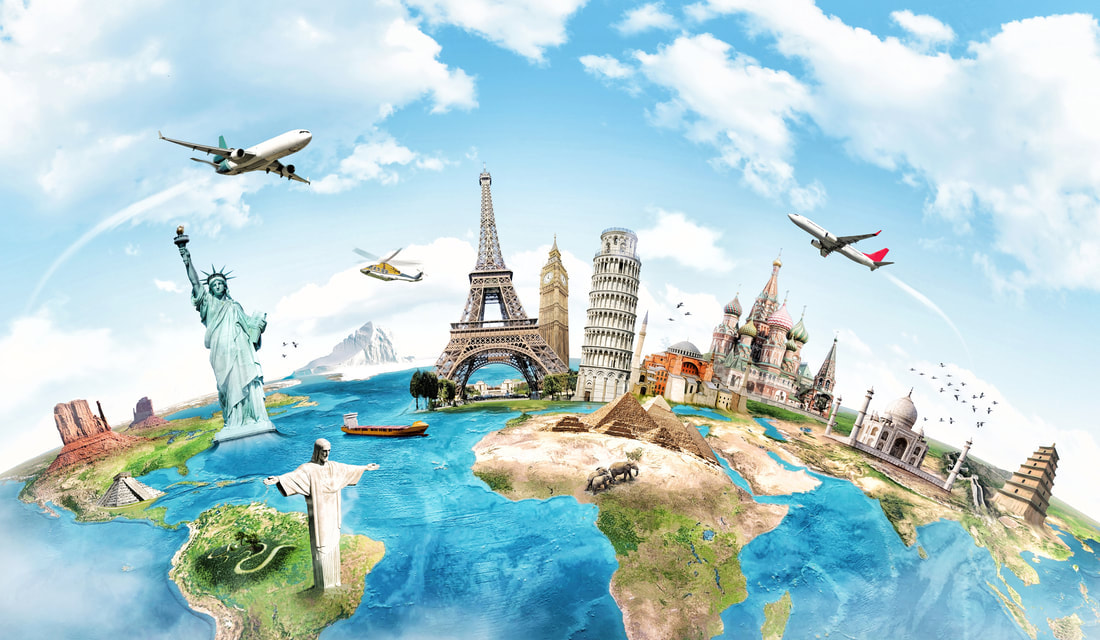
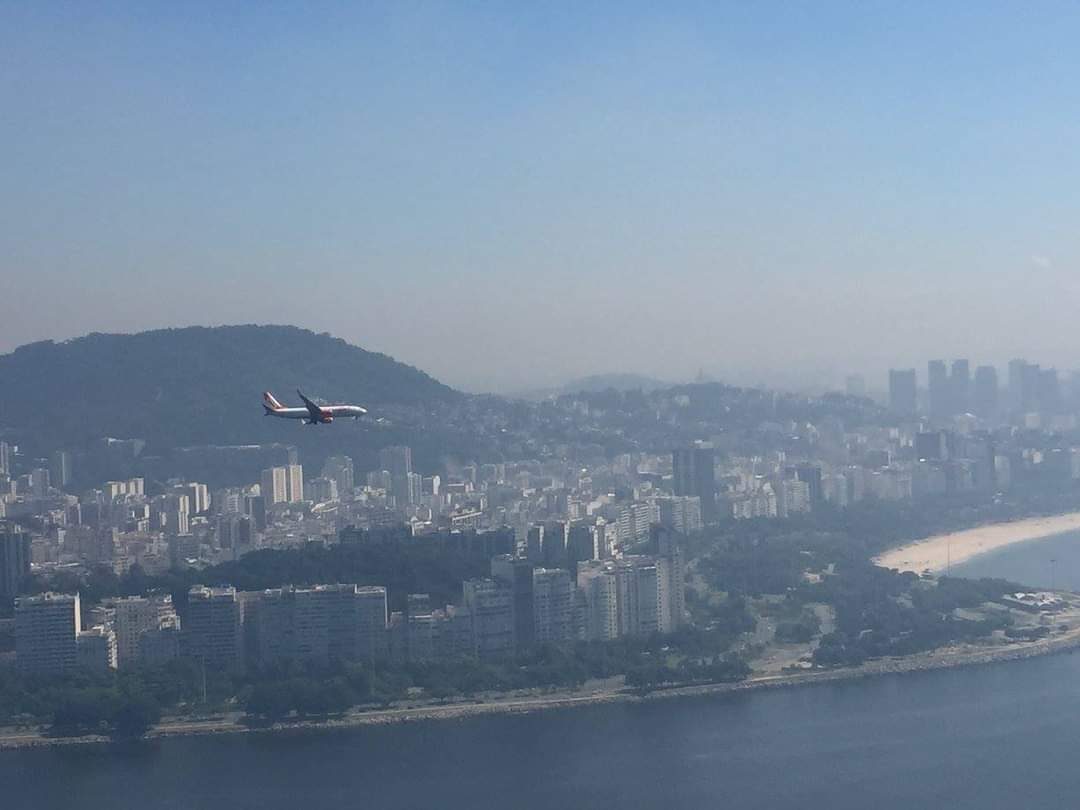
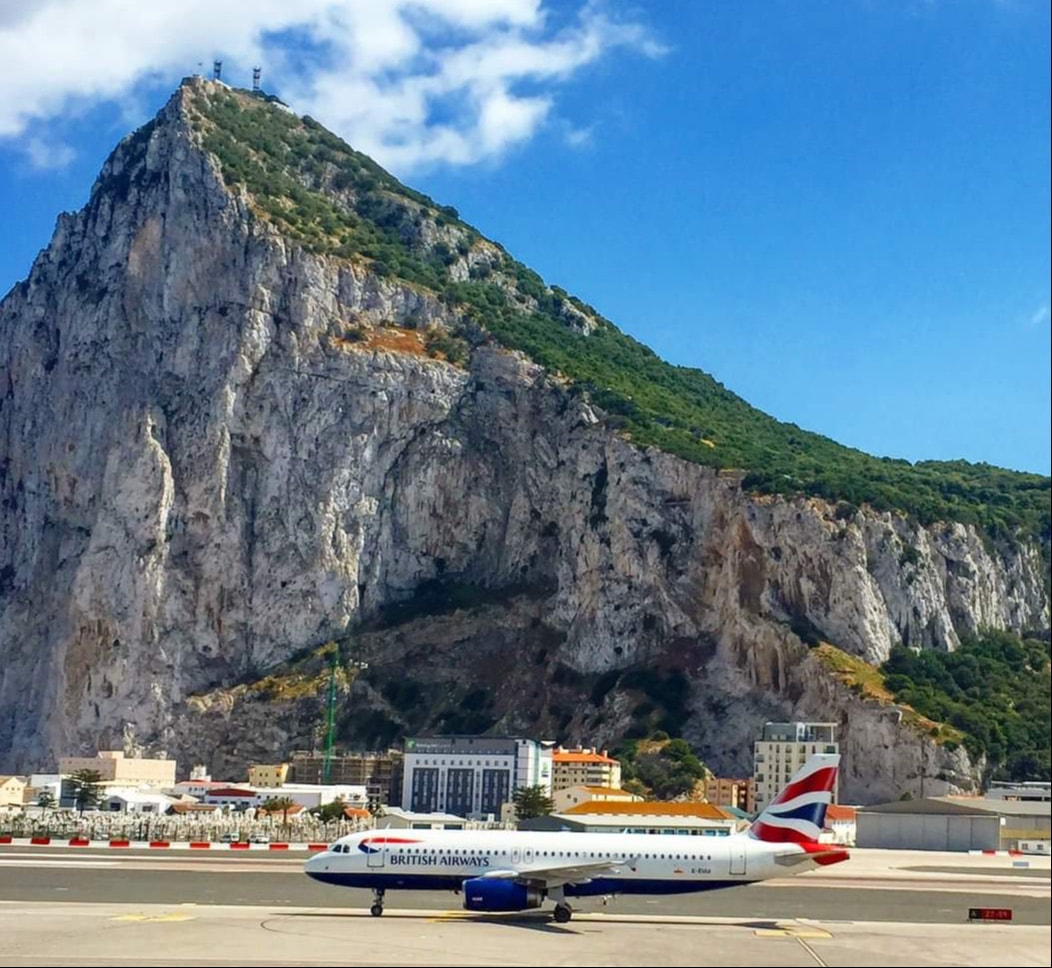

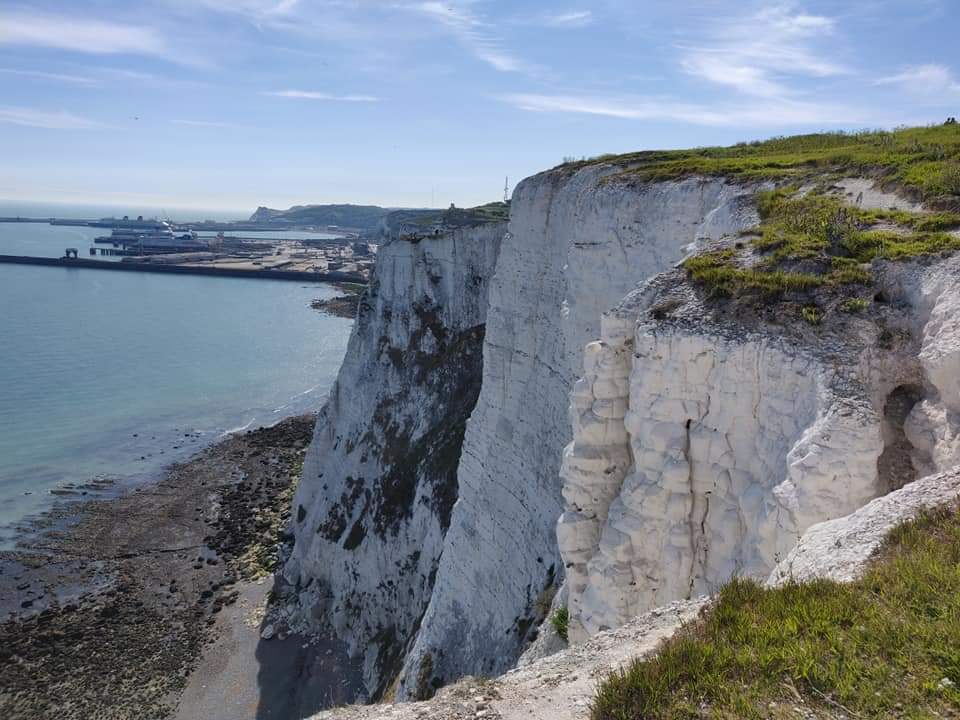
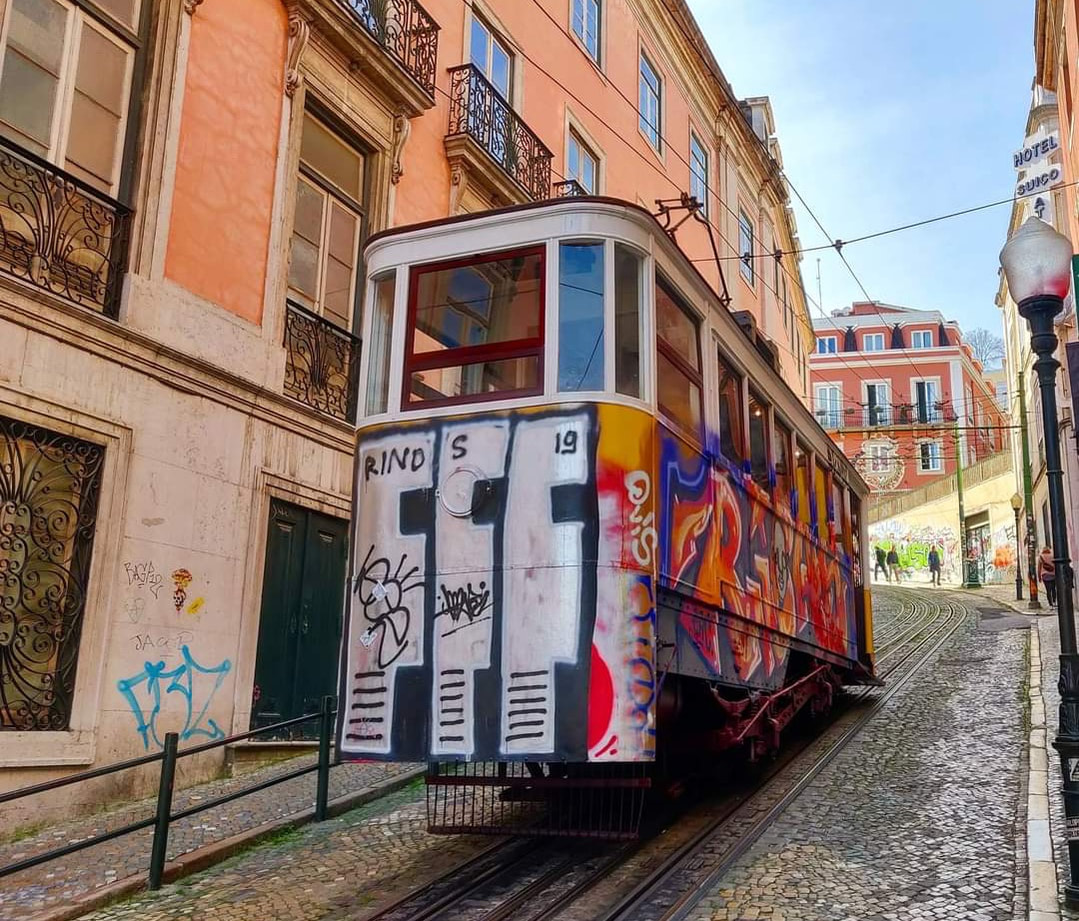
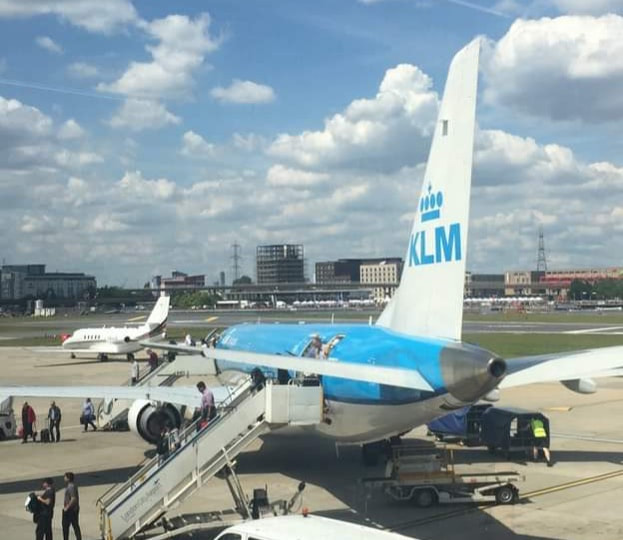
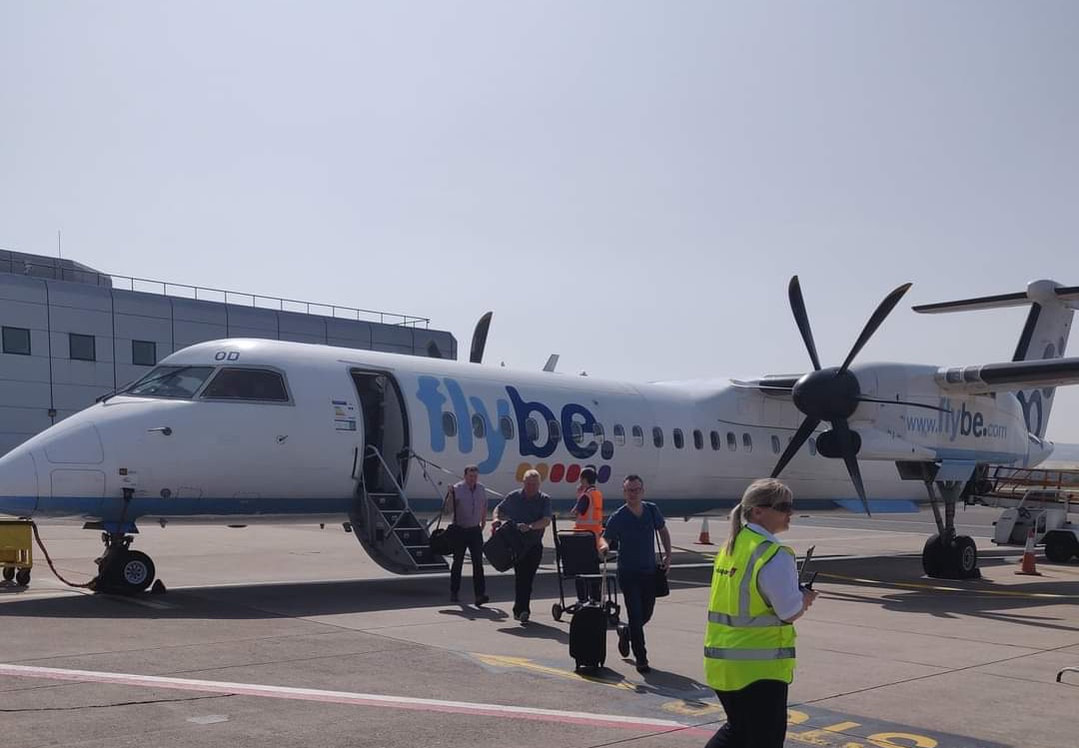
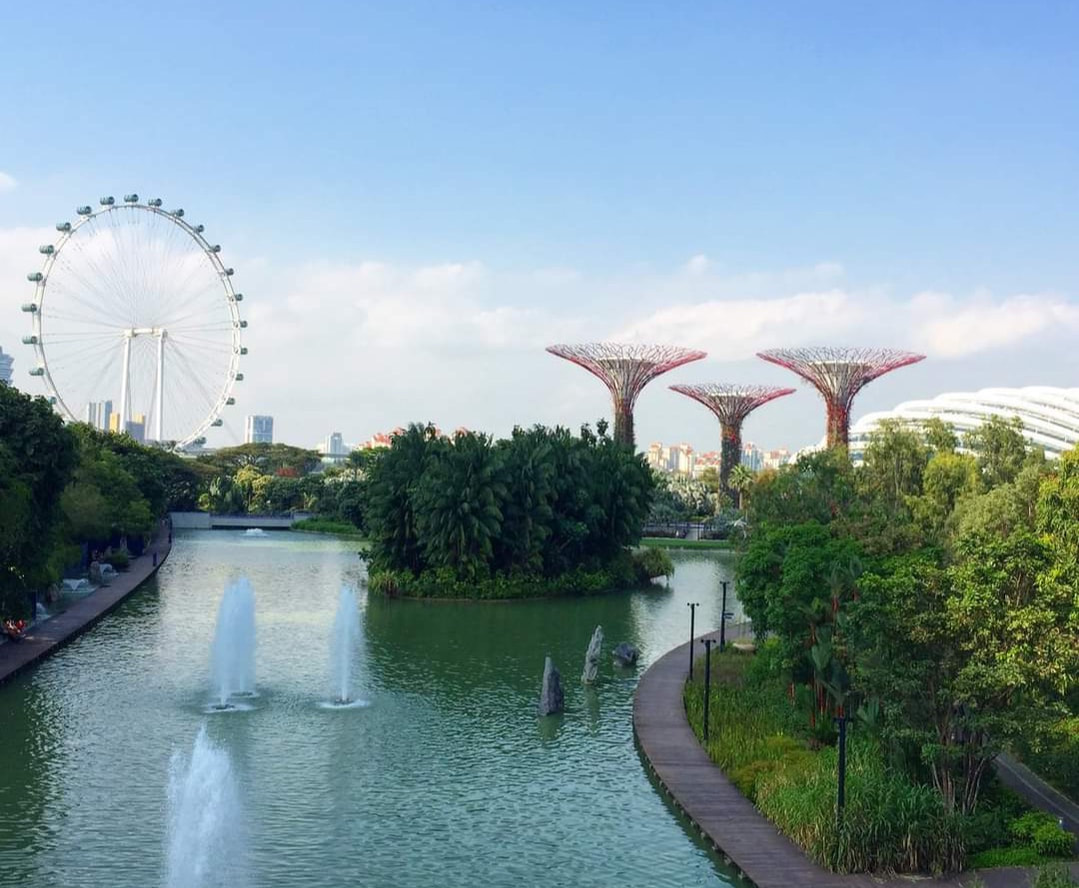
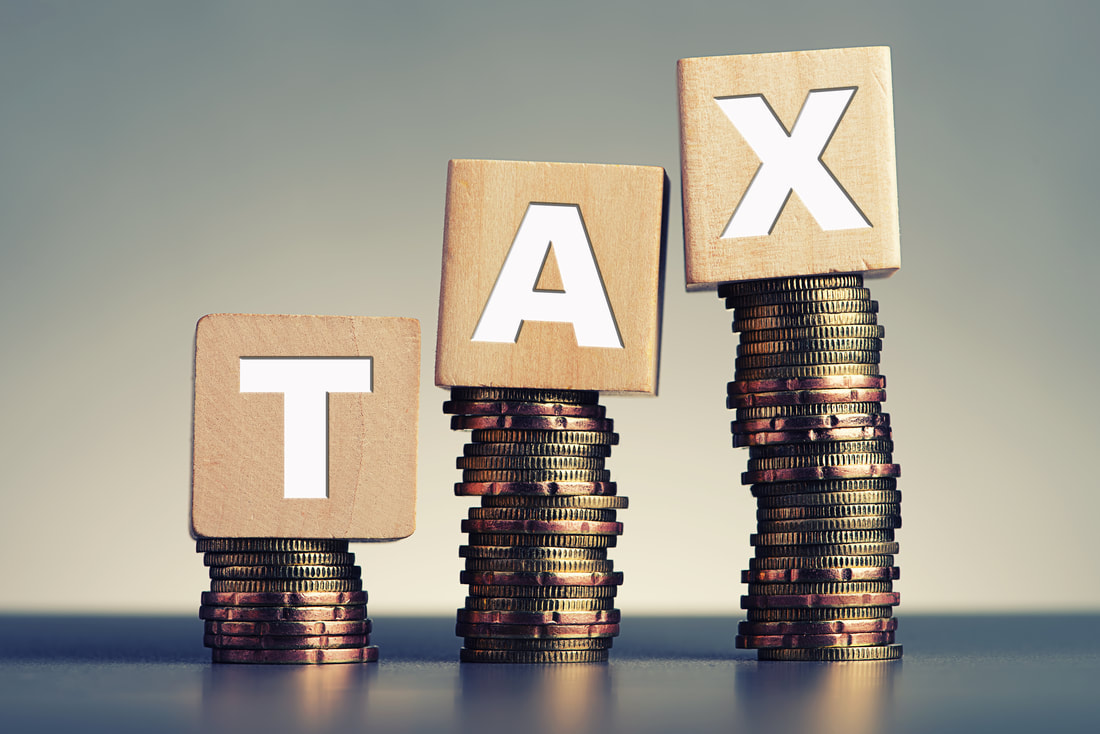

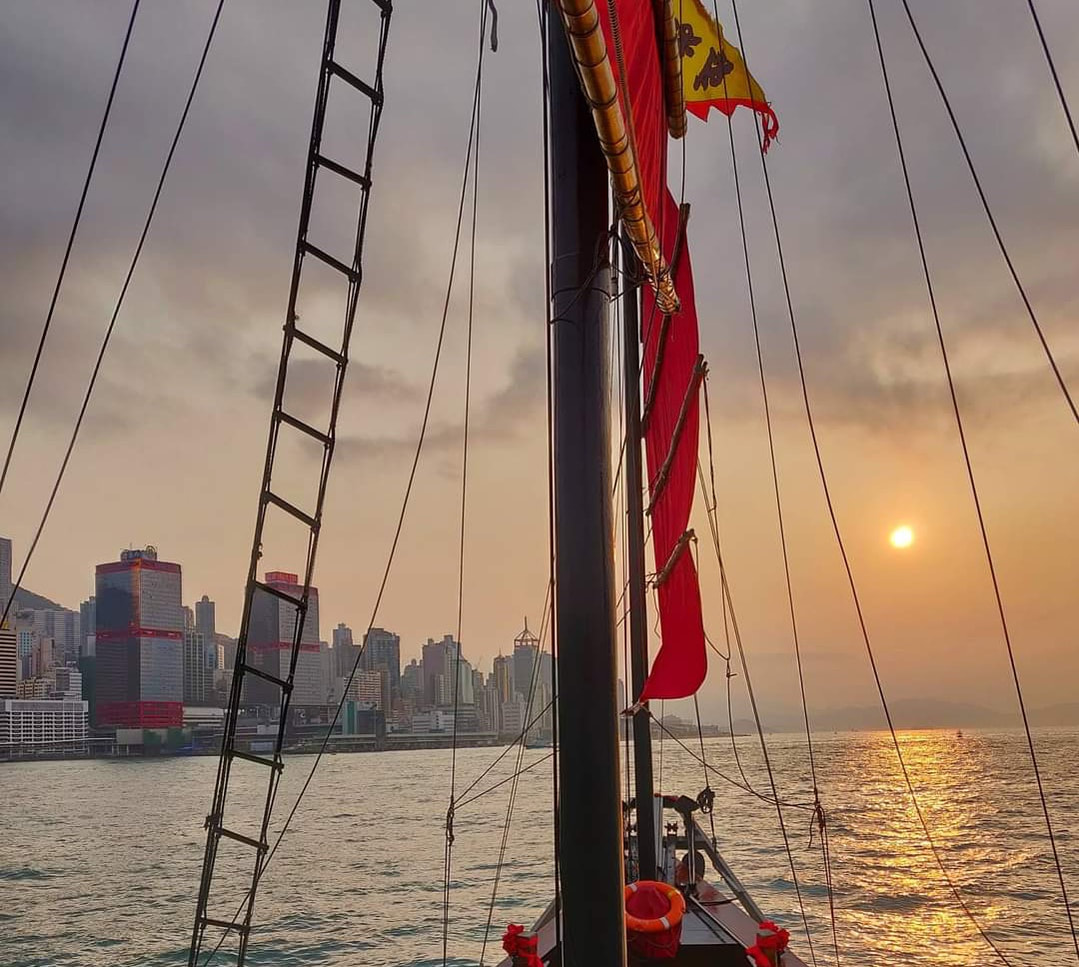

 RSS Feed
RSS Feed